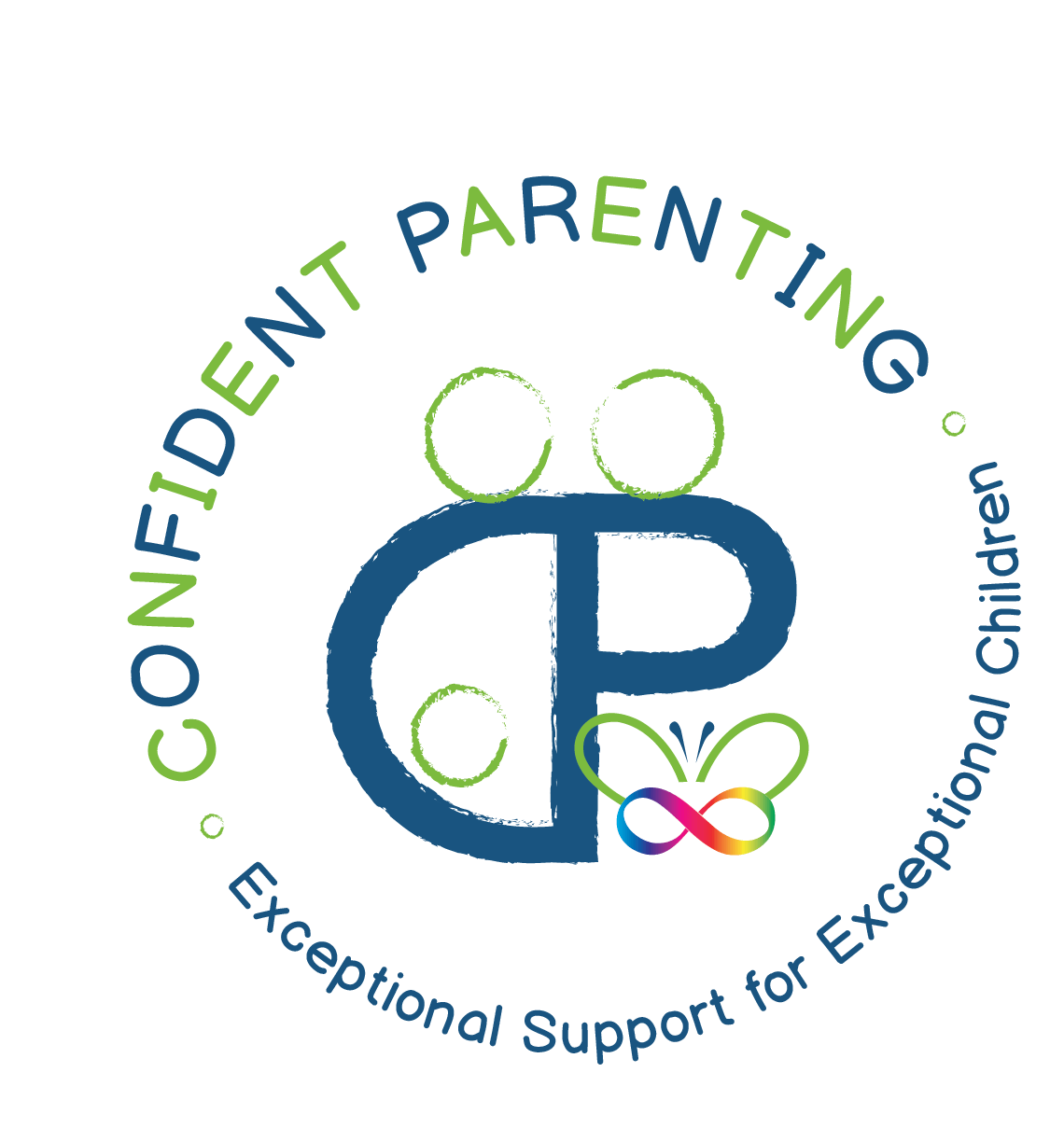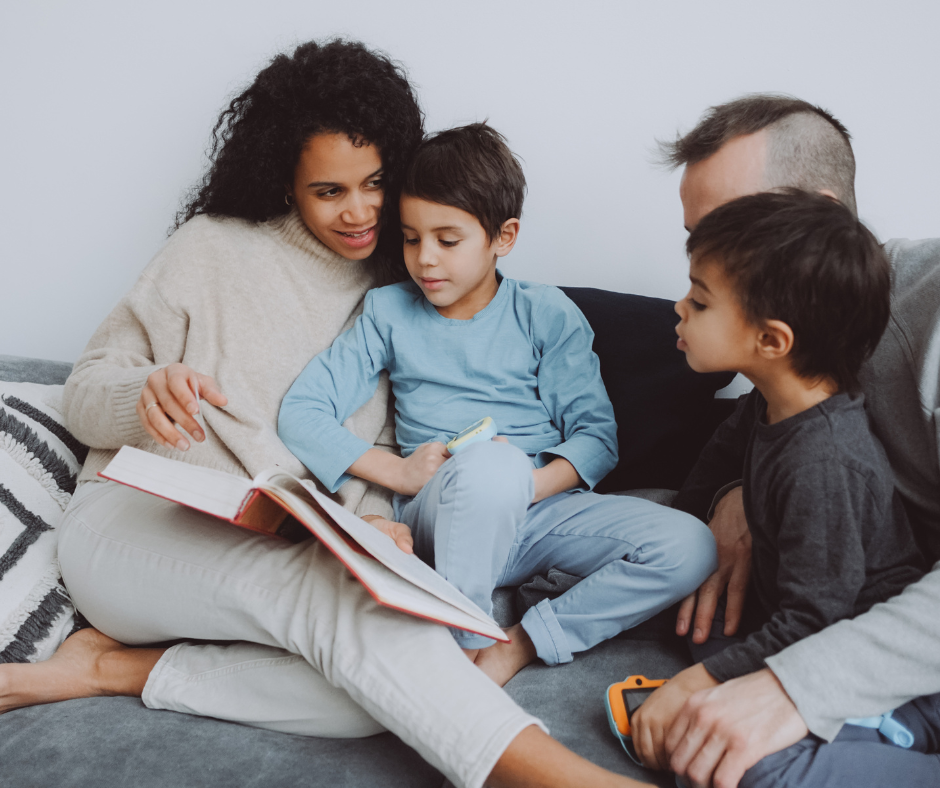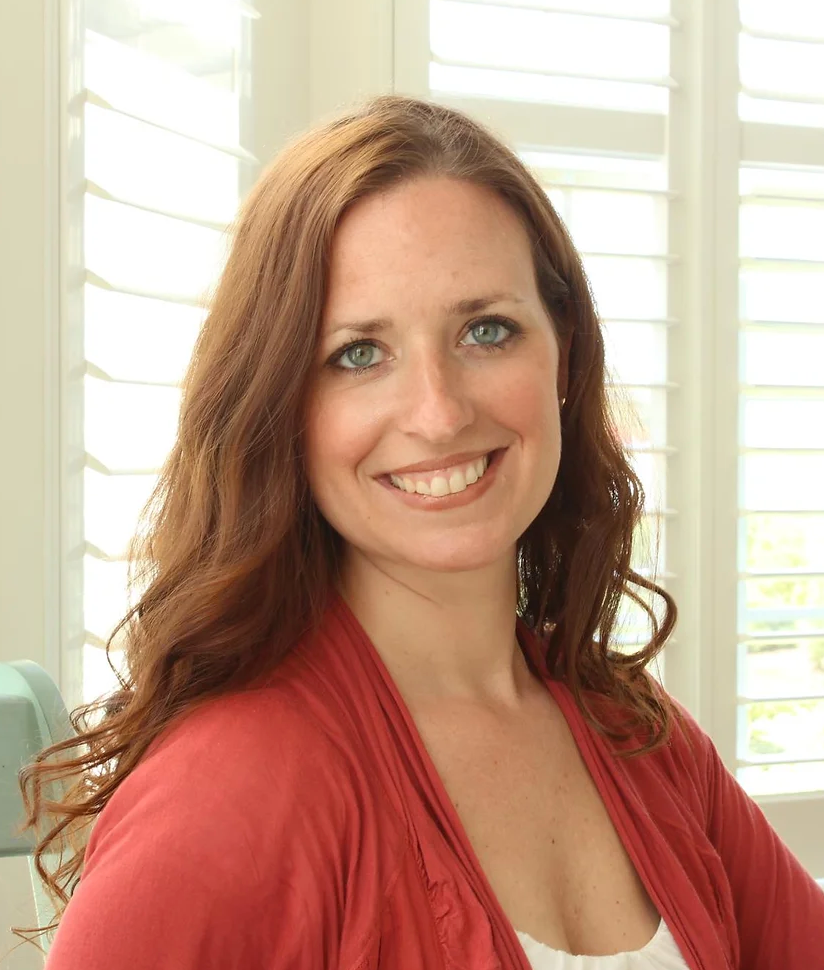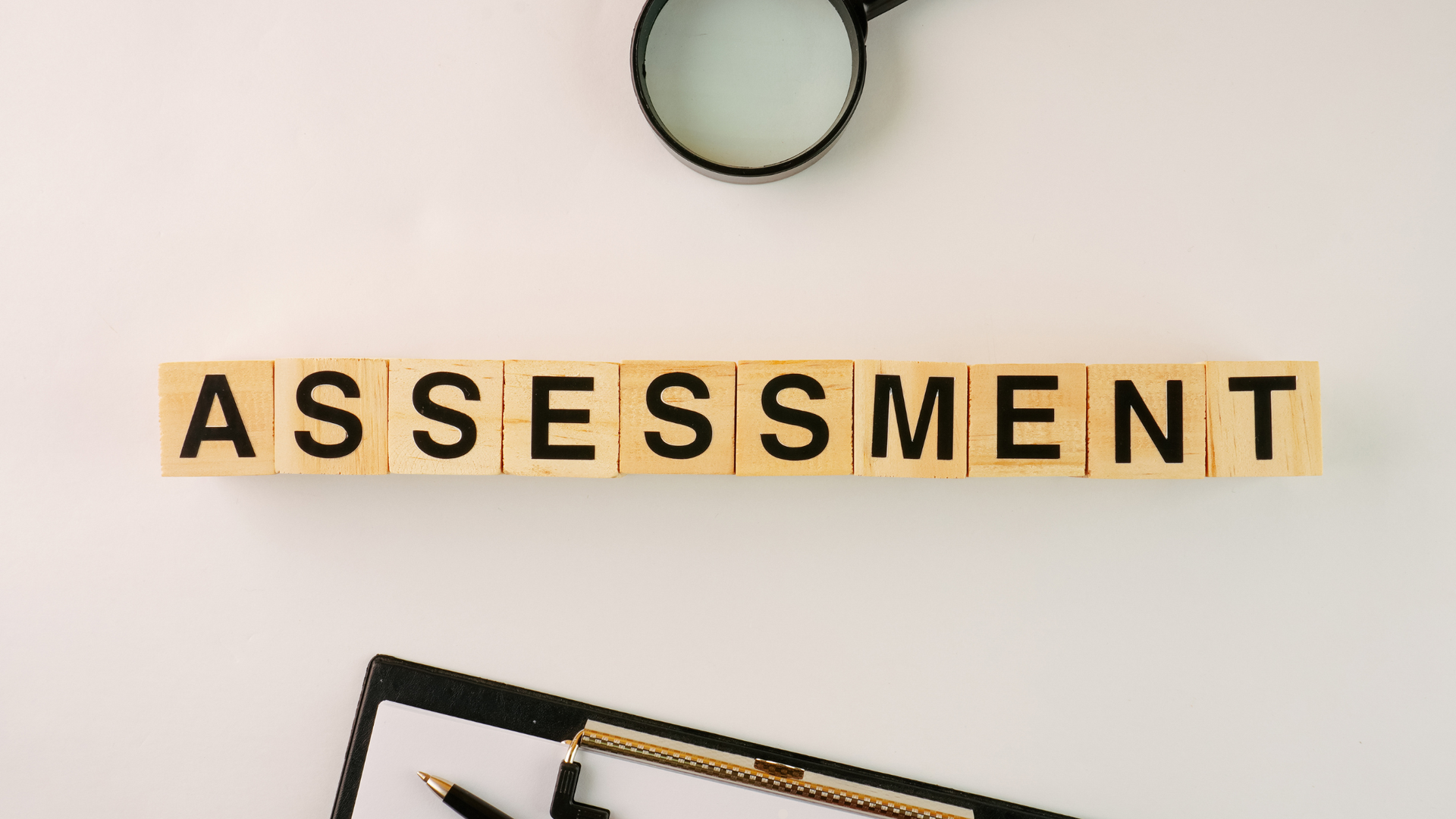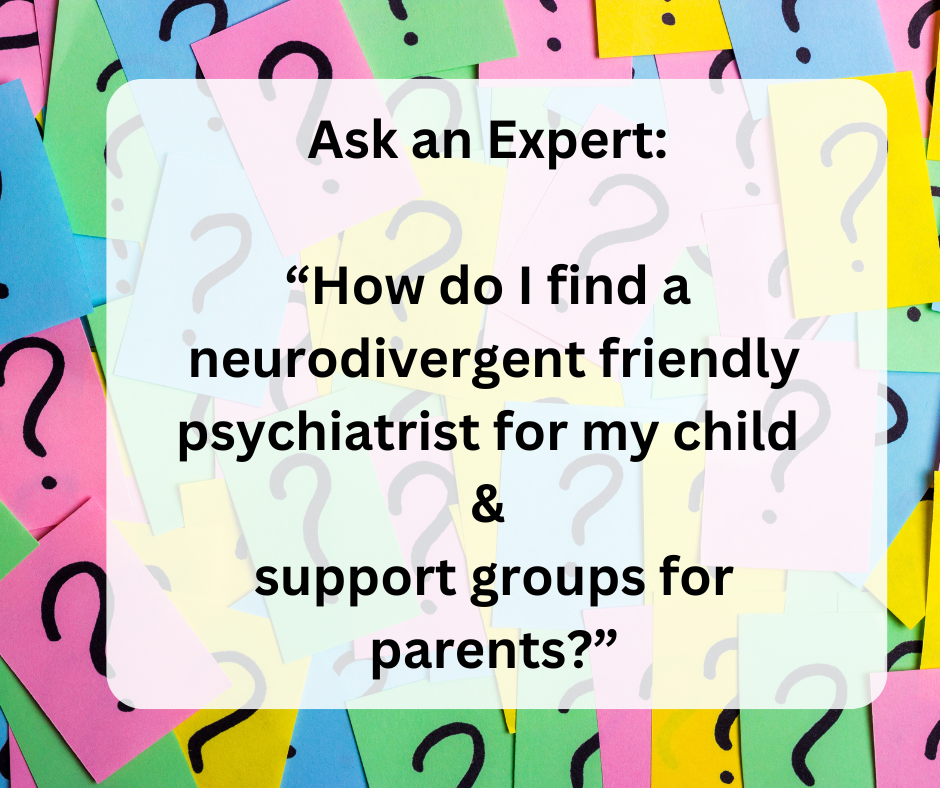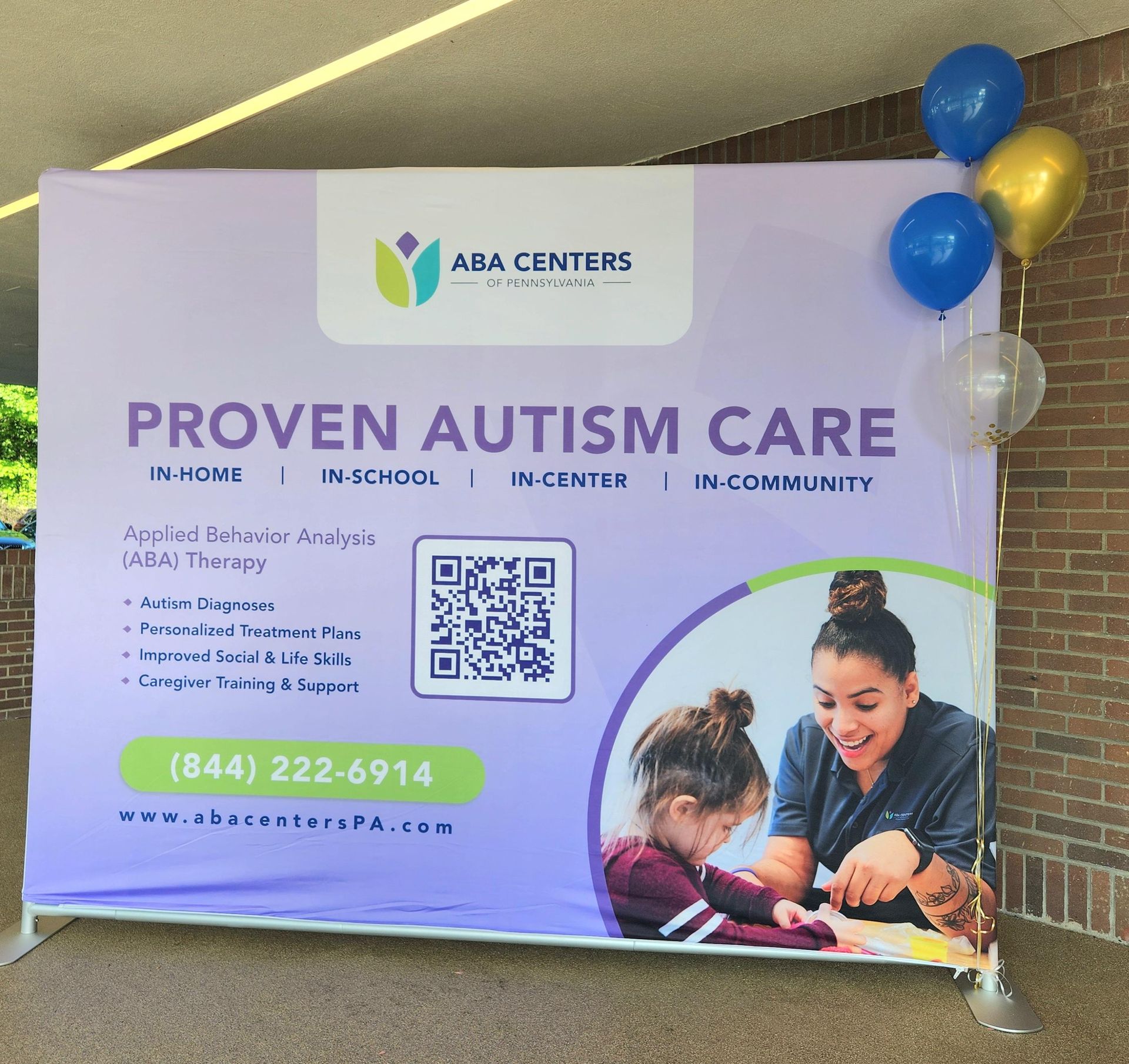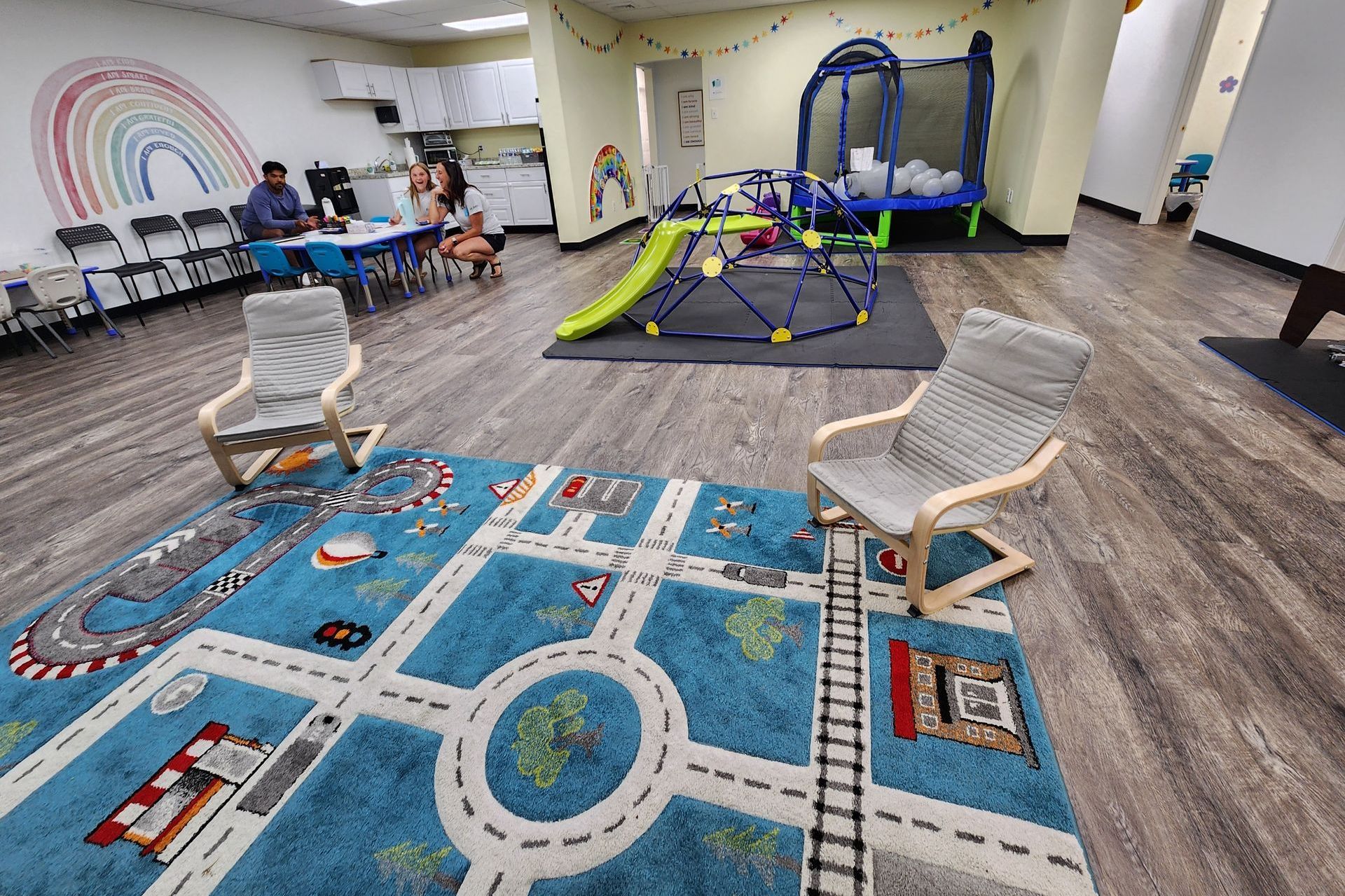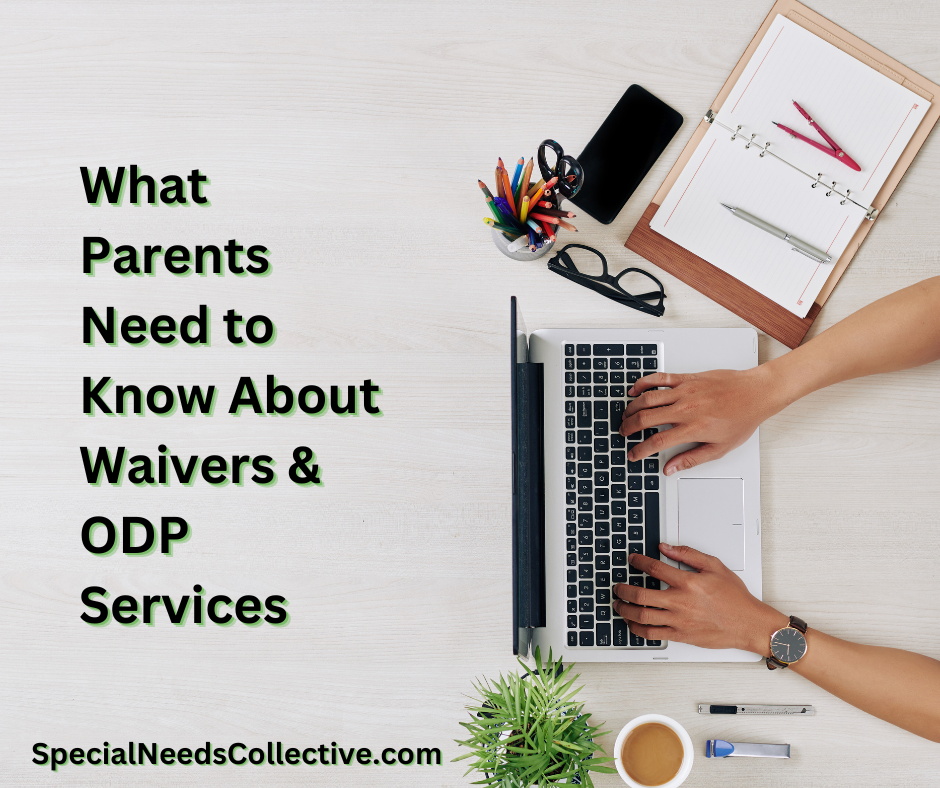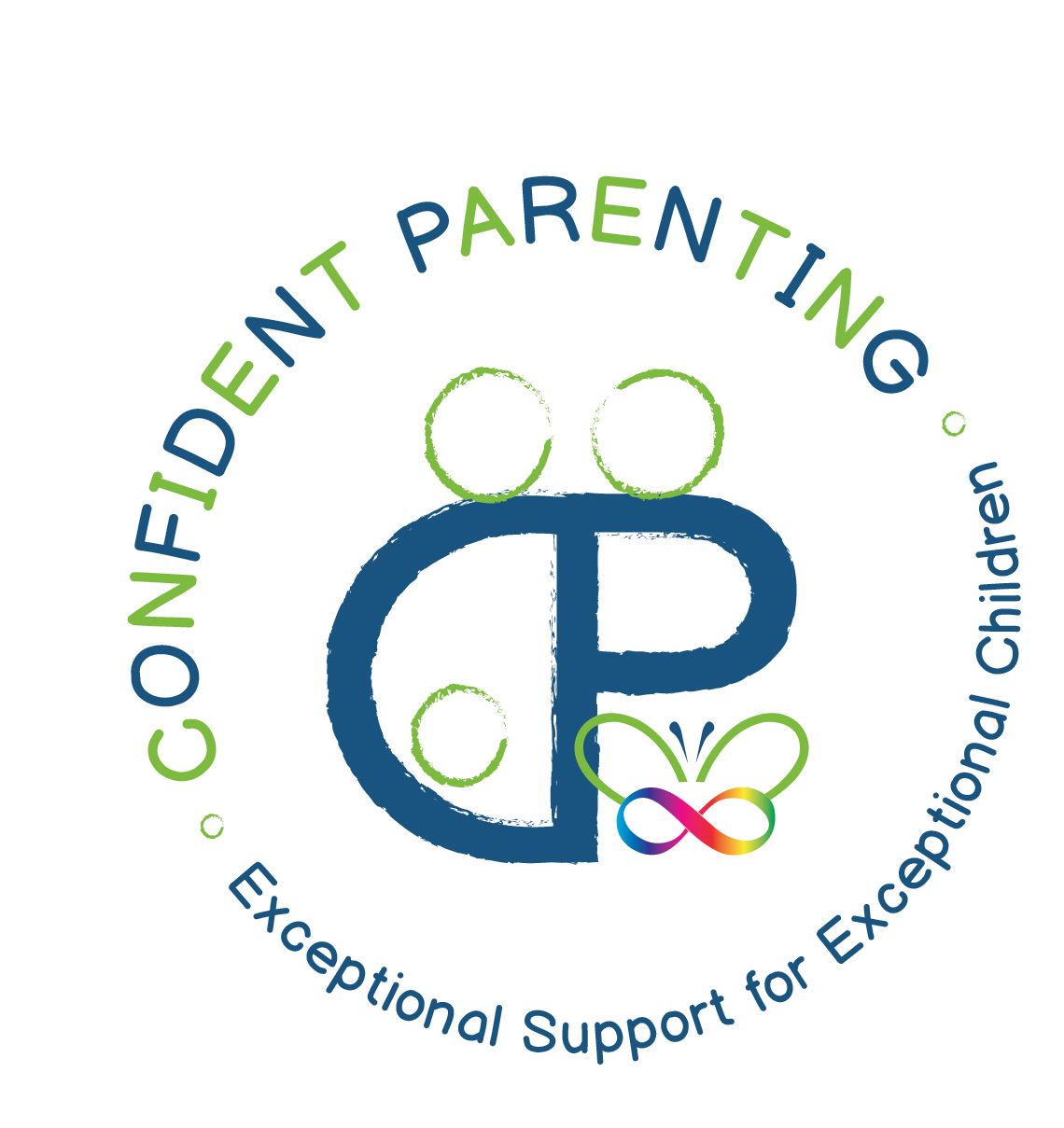By Erin Brown, M.Ed, CRC
•
April 18, 2024
If you are a parent of a child with an intellectual disability or autism, it can be overwhelming knowing which agencies you need to connect with to support your child. One of the first agencies that you should explore is the Office of Developmental Programs (ODP). Pennsylvania’s Office of Developmental Programs has a mission to assist Pennsylvanians with developmental disabilities to achieve greater independence, choice, and opportunity in their lives. Services include (but are not limited to) assistive technology, benefits counseling, community support, therapies, transportation, employment support, educational support, respite care, housing, etc. The services provided are tailored to the needs of your child. You must contact your county ODP office and schedule a time to speak with the intake person who will gather your information. ODP provides services through Administrative Entities. An administrative entity is an agency that can oversee ODP services. As a parent, you will have a choice of which Administrative Entity you would like to work with. It is encouraged to reach out to speak to the different Administrative Entities available to determine which one is the best fit for your family. I also encourage you to discuss with other members of your community who may have worked with them in the past. Once assigned to an administrative entity, you will be assigned to a Supports Coordinator who will be your main point person as you navigate services. It is important that this person is kept in the loop and informed of any important changes. Services are funded through something called a “waiver”. Some waivers are available at birth, therefore there is no need to wait to enroll for ODP. There are different waivers available and although several of them overlap in the types of services they provide, they may differ in the amount of funds that can be spent on a yearly basis. This can impact the number of services your child can access and at times, you may have to prioritize what is most important for them to have. Your supports coordinator will let you know which waiver you are eligible for and will help develop a plan, an Individualized Service Plan, which will outline the services provided. The ISP is updated on an annual basis. I have had discussions with families in the past who have been hesitant to enroll with ODP because they had misconceptions of the services that they provide. They believed that the services were just for individuals with significant cognitive disabilities and that their child would not be eligible. Some families I have worked with didn’t realize that individuals with autism were eligible for ODP as well. In reality, ODP provides funding for an extensive amount of services. If your child is going to need supported employment services, ODP will work hand in hand with the Office of Vocational Rehabilitation to provide the on-going on-site support. ODP funds have also been used to pay for the tuition for autism programs through universities. I have also seen ODP funds be used to fund Uber rides to and from employment. Your supports coordinator will be the one to assist you in determining how funds are used. Why is it important to enroll now versus waiting? For some waivers, it may be first come first served and may require for you to join a wait list. The number so individuals accessing these services continues to grow and there are limits to the funding available. In addition, it is important to have the supports coordinator involved early so that they can assist with the transition out of high school. In addition, to be eligible, you must provide documentation and complete an application. This process can take time, so you do not want to wait to get started. For more information about ODP, please visit ODP’s website which features The Gold Book , which explains services and waivers in digestible way.
